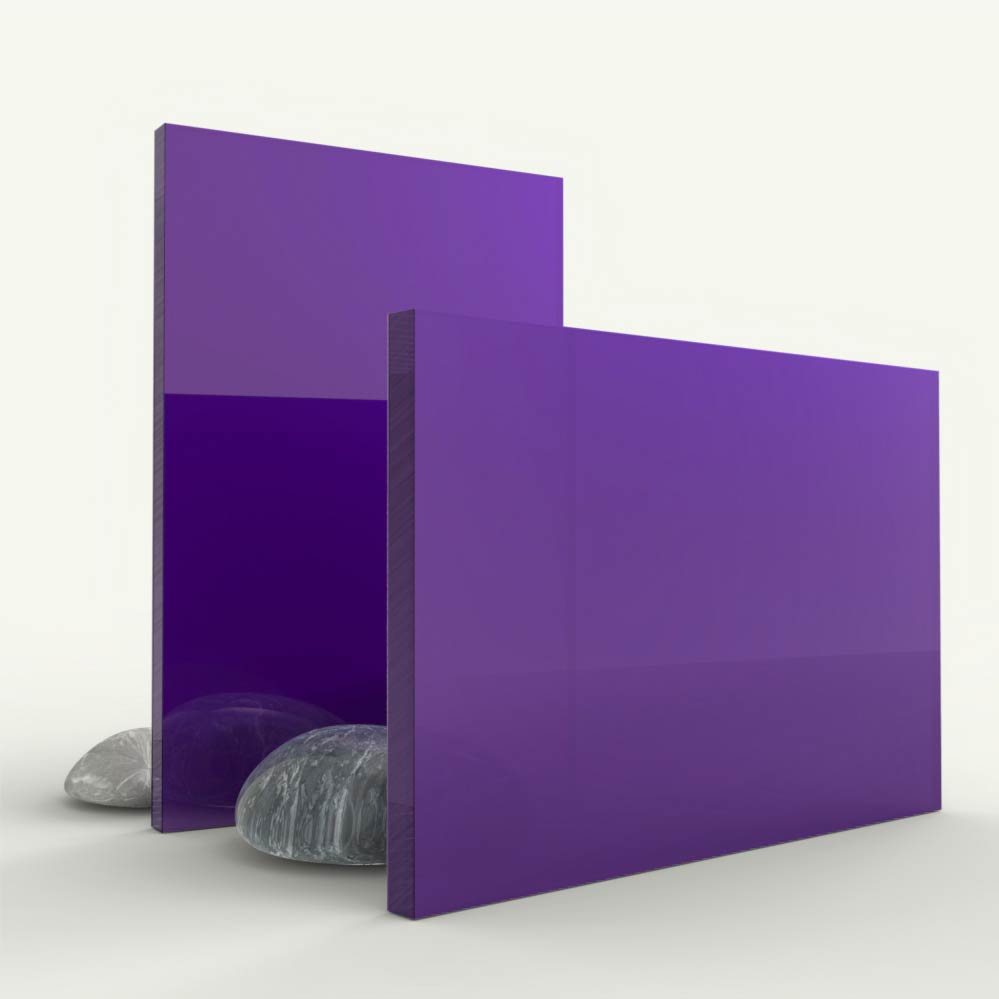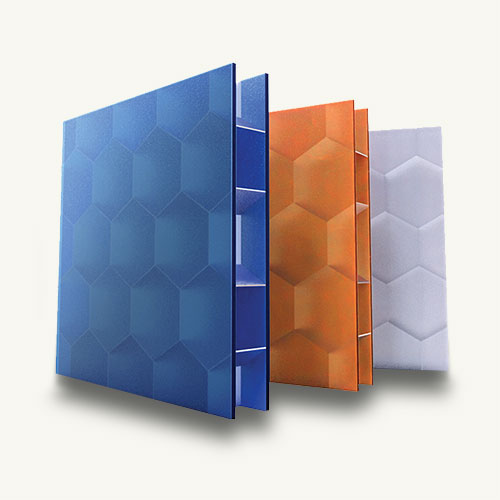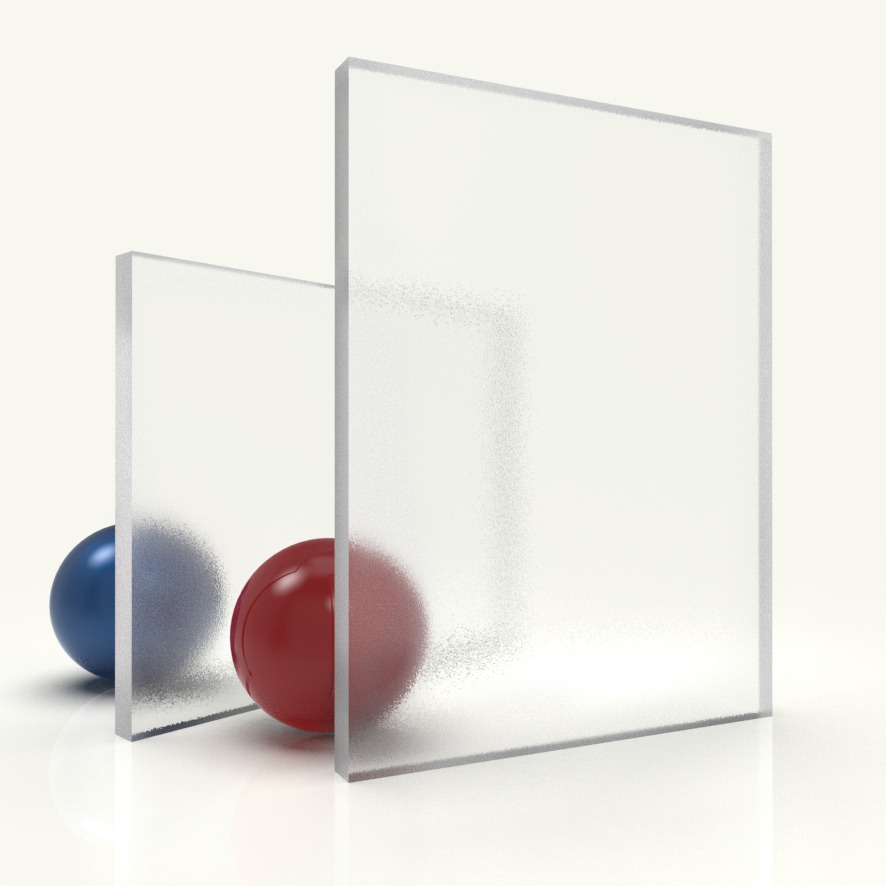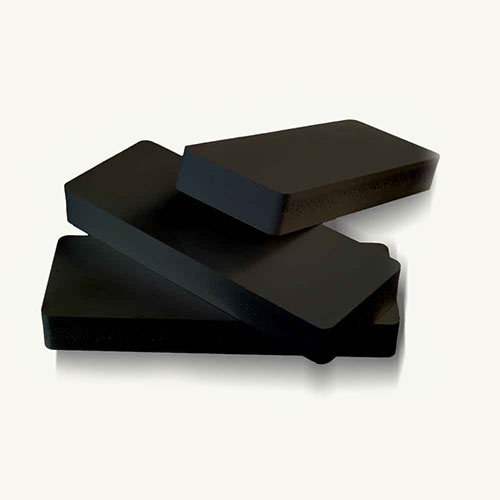Glass vs. Plexiglass: Assessing the Prospects of Plexiglass in Residential Applications
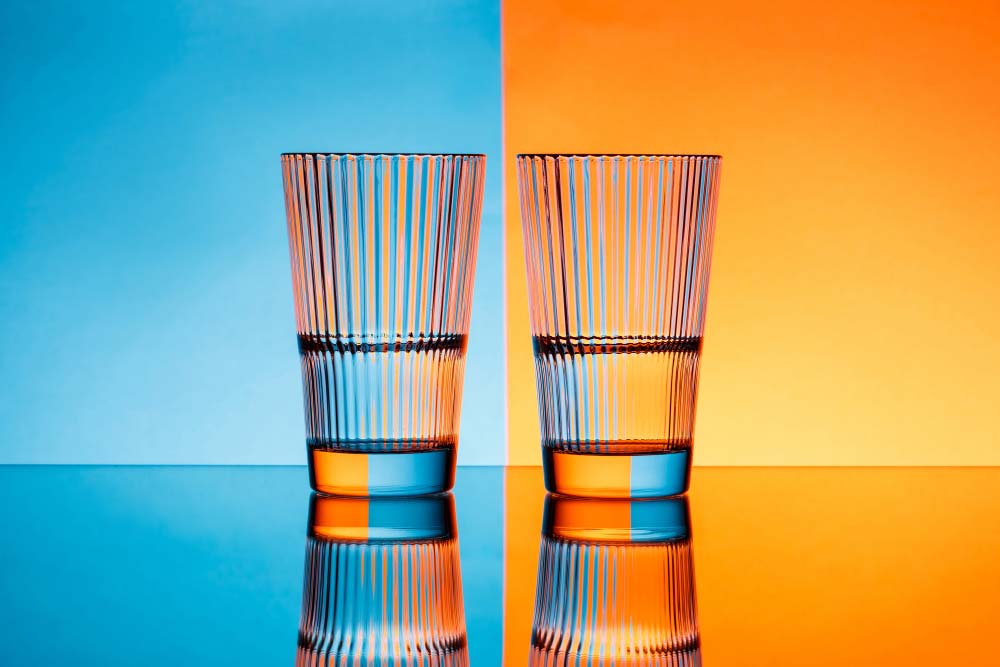
Glass Vs. Plexiglass
Plexiglass, also known as acrylic glass, presents a range of benefits and possibilities for residential applications. When comparing glass and plexiglass, it is essential to consider the following:
1. Safety: Plexiglass is shatter-resistant, making it a safer option than traditional glass, which can pose a risk of breakage. It is less likely to cause injury in the event of an accident or severe impact.
2. Weight: Plexiglass is lighter than glass, making it easier to handle and install. This advantage can be particularly beneficial when working with larger panels or in situations where weight is a concern.
3. Insulation and Energy Efficiency: Plexiglass generally provides better insulation than glass, helping to reduce heat loss and increase energy efficiency in residential buildings. It retains heat more effectively and can contribute to lower heating costs, especially in colder climates.
4. Versatility: Plexiglass is highly versatile and can be molded into various shapes and forms. This flexibility makes it suitable for a wide array of residential applications, such as windows, skylights, doors, greenhouse panels, partitions, and even furniture.
5. UV Radiation Resistance: Plexiglass has better UV radiation resistance than regular glass. It reduces the fading of furniture, flooring, curtains, and other interior elements caused by prolonged sun exposure, ensuring that colors remain vibrant for longer periods.
6. Transparency: While plexiglass offers excellent clarity, it may not match the perfect optical clarity of glass. However, high-quality plexiglass can provide a transparent, aesthetic appeal that closely resembles glass.
7. Maintenance: Plexiglass generally requires less maintenance than glass. It is easier to clean and does not require special chemical treatments. However, it is important to use the appropriate cleaning materials to avoid scratching the surface.
8. Cost: Plexiglass tends to be more affordable than glass, particularly for larger projects. It offers a cost-effective alternative while maintaining durability and functionality.

Despite these advantages, it is crucial to note that plexiglass is not suitable for all applications. It may be prone to scratching, and over time, its transparency can degrade due to exposure to elements, like UV radiation or harsh cleaning agents.
Consider your specific requirements, such as safety, insulation, budget, and aesthetic preferences, when deciding between glass and plexiglass for residential applications. Consulting a professional for guidance tailored to your needs is always recommended.


